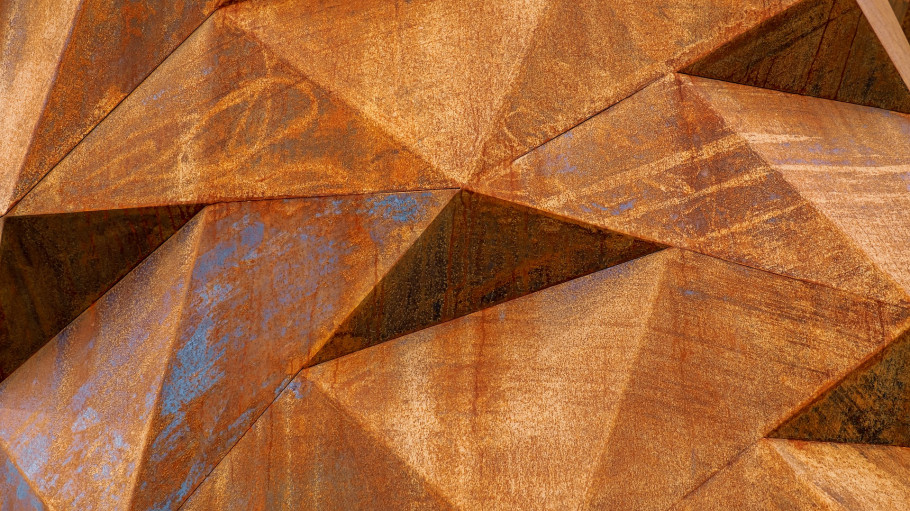
Press releases » Revision of EU steel safeguard improves on technical weaknesses but steel market continues to be depressed
Revision of EU steel safeguard improves on technical weaknesses but steel market continues to be depressed
Downloads and links
Recent updates

Brussels, 1 October 2019 – The EU has published and implemented its revision of the EU steel safeguard. The new design of the tariff-free quota will better stabilise trade flows by containing import concentration from certain exporting countries. While the changes have resulted in improvements, the result is still not sufficient for a large part of the sector, especially given that it is facing depressed domestic steel demand.
Speaking after the publication of the revised measures on 27 September, the European Steel Association’s (EUROFER) Director General, Axel Eggert said, “The largest part of the steel sector is still being squeezed, hampered by unsustainable import pressure – pressure that will not abate, despite the changes made today”.
Steel producers’ margins have all but disappeared, production plans have been curtailed, and installations across Europe have been temporarily closed, affecting thousands of jobs in the industry and the value chain.
“The steel sector is now back in choppy waters – demand is falling and imports are still at a very high level”, added Mr Eggert. “The safeguard nevertheless keeps the door open for these historically high import volumes, even as market conditions deteriorate. We hope that the Commission will, in due course, further review the artificially high tariff free quota level and reduce it to close to the 2015-17 import volume.”
The European steel industry has suffered a series of setbacks over the past few years. The EU market has still not completely bounced back since the 2008 economic crisis - and what growth has come has, to a large extent, been absorbed by imports. Global steel overcapacity, targeted dumping from several regions, and rising climate compliance costs have also squeezed margins across the sector.
“We had 18 ‘good’ months between the acute effects of Chinese dumping being stamped out towards the end of 2016 and the imposition of the US’ Section 232 tariffs in mid-2018”, stated Mr Eggert. “Imports have remained high and are increasingly concentrated from a handful of trade partners, including Turkey, Russia and China. This concentration has not been diminished by the safeguard measures. Steel prices have collapsed, even as costs continue to rise”.
While noting the fresh revision will have to be seen in action before conclusions can be drawn, EUROFER urges the EU to continue to defend the sector against unfair trade from third countries.
“Steel is at the heart of the EU economy – but it is under threat again because the means to defend it are incomplete”, emphasised Mr Eggert. “We need to see dynamic revisions to this safeguard, and we welcome the suggestion by President-elect von der Leyen for a Carbon Border Adjustment to help industrial sectors, such as ours, re-establish a level playing field with foreign competitors that do not face the same climate cost constraints”.
In addition, EUROFER urges continued international efforts against global overcapacity, which is at the root of the challenges faced by the EU sector today.
“Global overcapacity is still running far ahead of growth in worldwide production. We need to see further work done on this abroad – and continued efforts at home to ward off the effects on the EU steel market”, concluded Mr Eggert. “The G20’s Global Forum on Excess Steel Capacity must continue its work so that countries such as China, Indonesia, Iran, Russia, or Turkey stop building up excess capacity that endangers the global steel market. The safeguard alone will not be sufficient”.
Contact
Charles de Lusignan, Spokesperson and head of communications, +32 2 738 79 35, (charles@eurofer.be)
About the European Steel Association (EUROFER)
EUROFER AISBL is located in Brussels and was founded in 1976. It represents the entirety of steel production in the European Union. EUROFER members are steel companies and national steel federations throughout the EU. The major steel companies and national steel federations in Switzerland and Turkey are associate members.
About the European steel industry
The European steel industry is a world leader in innovation and environmental sustainability. It has a turnover of around €170 billion and directly employs 330,000 highly-skilled people, producing on average 160 million tonnes of steel per year. More than 500 steel production sites across 22 EU Member States provide direct and indirect employment to millions more European citizens. Closely integrated with Europe’s manufacturing and construction industries, steel is the backbone for development, growth and employment in Europe.
Steel is the most versatile industrial material in the world. The thousands of different grades and types of steel developed by the industry make the modern world possible. Steel is 100% recyclable and therefore is a fundamental part of the circular economy. As a basic engineering material, steel is also an essential factor in the development and deployment of innovative, CO2-mitigating technologies, improving resource efficiency and fostering sustainable development in Europe.

Brussels, 02 July 2025 – The 90% climate target proposed today by the European Commission demands an unprecedented transformation of EU society and industry in just 15 years. The European steel industry is already doing its part, but a viable business case for the transition is still lacking. To enable it, the EU needs to implement the Steel and Metals Action Plan much more decisively, delivering a highly effective trade protection against global overcapacity, access to internationally competitive low carbon energy and scrap, and a watertight CBAM, says the European Steel Association.
How global overcapacity is destroying European industries
European Steel in Figures 2025 is EUROFER's statistical handbook, laying out in an easy-to-use format the key statistics and data about the performance and footprint of one of Europe's most important strategic sectors